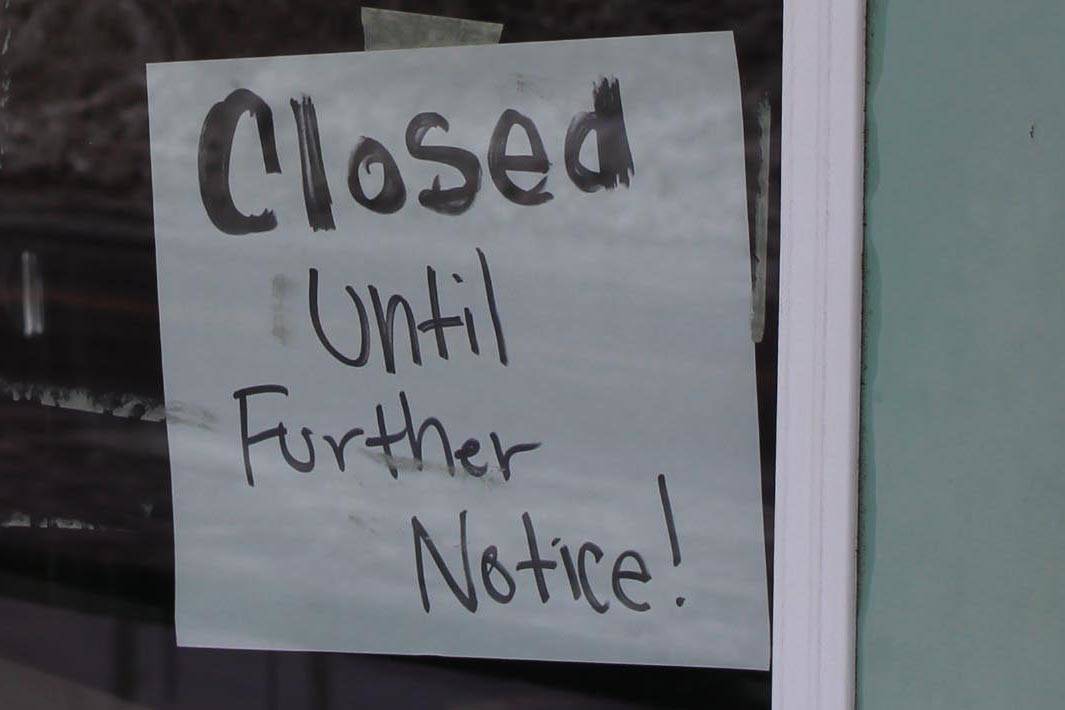The Kenai City Council will consider Wednesday launching the City of Kenai’s own version of a “shop local” program that would use CARES Act money to incentivize shopping at Kenai businesses.
The plan as proposed would give people who spend $200 on discretionary purchases at participating Kenai businesses $100 in vouchers to spend at those same businesses. The program as proposed is similar to one offered in Soldotna at the end of last year. However, several changes to the program have been proposed by members of the city council, city administration and members of the public.
City council member Teea Winger said at the council’s Jan. 6 meeting that she wanted to see the amount of money dedicated to the program increase. According to a Jan. 14 memo from Winger to the council, she will introduce an amendment to the program that will replace it with her expanded and rebranded version of the program, which she developed with help from the Kenai Chamber of Commerce and Visitor Center.
Notably, Winger’s proposed version of the program would increase the amount of money spent on the program from $115,000 to $1,040,000, which would include $40,000 in administrative costs and $1 million in direct incentive to shoppers. Additionally, the program would be rebranded as the “Million Reasons to Shop in Kenai” program. Additionally, Winger’s substitute would expand the types of purchases that would qualify for the program, extend the end of the program from March 30 to May 31 and would issue vouchers for a 100% match up to $400, among other things.
Public comments have already been submitted in support of Winger’s proposed changes.
“All local businesses took a huge hit from COVID closures/mandates at the beginning of last year and are still drastically impacted,” said one comment from AK Wellness & Tanning LLA. “I believe this program should be the full $1,000,000 for three months to help businesses get through the winter months, along with having a few different voucher amounts to get the most impact (by allowing low income community members to participate in the program).”
Winger is not the only one proposing changes to the program, however.
Council member Victoria Askin will propose incorporating a raffle for program participants that would give them a chance to win $200, $300 and $500 vouchers to be spent at participating businesses.
Council member Henry Knackstedt will propose lowering the threshold for the amount that must be spent in order for people to receive vouchers. Instead of requiring that people spend $200 on discretionary items in order to qualify for program vouchers valued at $100, Knackstedt proposes adding a second eligibility tier that would qualify people who spend $100 for a $50 voucher. This would require adding $50,000 to the original program cost.
A public comment submitted by Dave Peck also supports lowering the spending threshold from $200, which he said may be too high.
“Using $200 spent (if I understand this correctly) as the threshold to obtain a $100 voucher might be a little high for some people,” Peck wrote. “So maybe also allowing a $50 voucher for $100 spent would permit more people to participate if they can’t afford the $200 spend right now.”
In a memo to the council, Kenai City Manager Paul Ostrander said there are already programs city administration has worked on that address the immediate needs of Kenai businesses in response to COVID-19, and that other programs that, while not fully developed, may provide benefits to the city that are comparable to allocating additional funds for the shop local program.
The programs include the “The Second One is On Us,” program which, according to Ostrander’s memo, is currently being developed by the city and would make participating Kenai businesses eligible to offer a promotion that would cover the cost of a second purchased item up to an established average value of the first. Another program currently being developed is the city’s Storefront Improvement Program, which would provide matching funds for Kenai businesses looking to make improvements to their building facades.
“This update on these developing programs is intended to provide Council with additional information to consider to make the best decisions on how best to utilize the City’s limited funds for the greatest benefit to both our local small businesses and our residents,” Ostrander wrote.
As initially proposed, the program would run from Feb. 1 to March 1, with vouchers needing to be spent by March 30.
Reach reporter Ashlyn O’Hara at ashlyn.ohara@peninsulaclarion.com.

